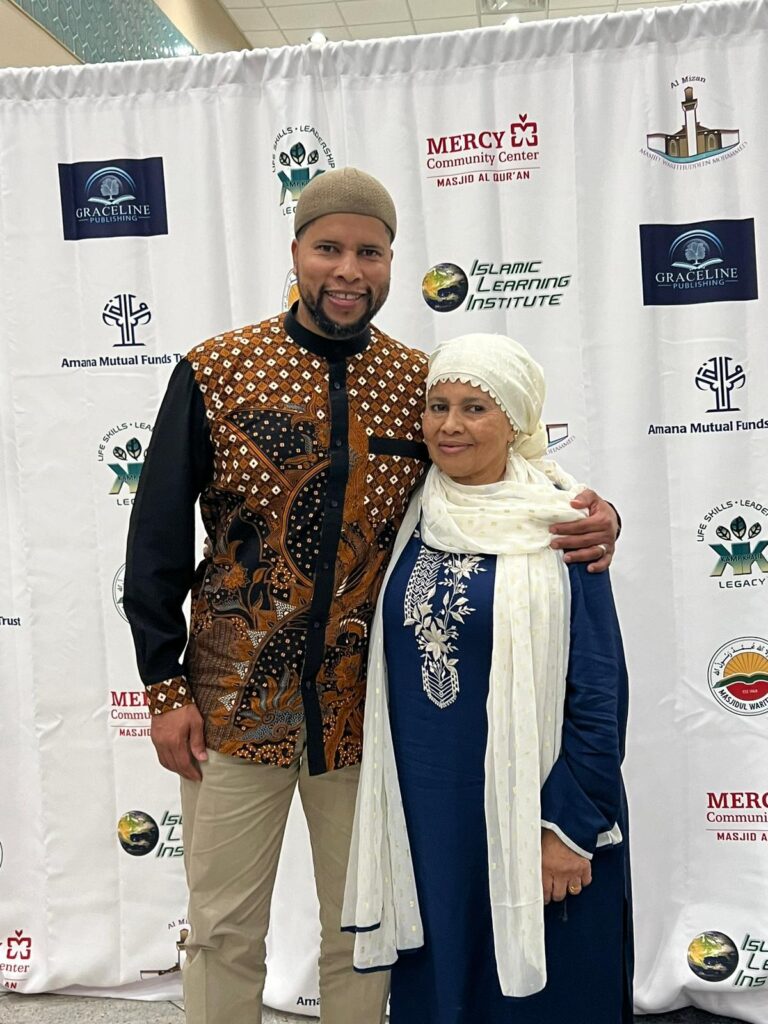
In early November, I had the privilege of attending the 4th Qur’anic Symposium in Houston, Texas—a transformative gathering that inspired and challenged me in ways I didn’t expect. This event was unlike any other Qur’an-focused conference I’ve attended. What made it so unique was its exclusively female-led lineup, featuring African American scholars whose depth of knowledge, connection to the Qur’an, and eloquence left a lasting mark on everyone in attendance. It was also a deeply personal experience, as I attended primarily to support my mother, Dr. Jeanette Hablullah, who was one of the keynote speakers.
The symposium was a testament to the power of African American female scholarship. As I sat in the audience, I watched some of these scholars speak fluently in Arabic while others analyzed root words from the Qur’an with amazing context and wisdom to weave the timeless lessons of the Qur’an into their personal lives and communal narratives. Their presentations offered not only guidance but a profound sense of pride and direction for the broader Muslim community. It was overwhelming in the best way—an intellectual and spiritual feast that left me in awe of their understanding and insight.
Challenging Biases: Elevating Female Scholarship
By ensuring all the speakers were women, the conference challenged entrenched biases about female scholarship in Islam. Like many, when I first saw the flyer, I assumed it was a conference “for women only.” This assumption forced me to confront my own internal bias. If the flyer had featured all male speakers, I would not have assumed it was only for men. This bias, though subtle, reflects a larger issue in how we view and value female Islamic scholarship.
The organizers intentionally pushed this boundary, creating a space where women scholars were front and center, not as a special exception but as the norm. They reminded us that the issue isn’t a lack of qualified female scholars—it’s a lack of platforms that respect their knowledge. While women often dominate teaching roles in Sunday schools, their expertise and leadership are undervalued in other spaces. I believe it’s time to see more women in roles like resident scholars and teachers of more Imams. This would not be something new or foreign. Instead, it would be a return to our tradition. This symposium was a powerful step toward normalizing female scholarship as essential, not optional, for the growth and success of our communities.
Reclaiming the Legacy of African American Scholarship
The symposium highlighted the often-overlooked depth and richness of African American Islamic scholarship. I was reminded of the incredible contributions that Black American Muslim scholars, particularly those inspired by the teachings of Imam W. Deen Mohammed, have made to our understanding and practice of Islam. This event served as a powerful affirmation of the immense talent and dedication within our community that inspires pride and a renewed appreciation for our impact our leadership.
The scholars at this symposium embodied the vision of Imam W. Deen Mohammed, who led a historic transformation of the African American Muslim community. He guided a massive shift—from ideologies steeped in racial superiority or inferiority to an unwavering commitment to the Qur’an and the example of Prophet Muhammad (peace be upon him). This vision emphasized equality and God-consciousness as the ultimate measure of a person’s worth.
Seeing the work of these scholars brought me back to my roots in the Warith Deen Mohammed community in Kansas City, Missouri. It was a deeply personal reminder of the incredible legacy of leadership, scholarship, and accomplishment within our community—achievements that are too often overlooked. From law to medicine, Arabic linguistics to education, from entertainment to business, African American Muslims under the leadership of Imam Mohammed have excelled in every field, paving the way for future generations.
Imam W. Deen Mohammed once said, Please give me a nice future. Yes, give me the future you know I want… after I die on the earth…, I won’t be living anywhere except in you! So please give your Imam W. Deen Mohammed a nice future!” Sitting in that room, I couldn’t help but feel that these scholars were fulfilling that vision.
A Call to Action: Quranic Engagement for Societal Benefit
The symposium wasn’t just a celebration of scholarship—it was a call to action. From early morning Arabic intensives to youth and adult panels, every session emphasized actionable engagement with the Qur’an. One particularly moving moment came during the keynote by Dr. Jamillah Karim, who highlighted the balance between tradition and innovation. She reminded us that the Qur’an is not a static text but a living guide, passed down to us by righteous mothers, that calls us to address the real issues facing our communities—racism, sexism, economic injustice, and more.
The timing of the event, just days after the U.S. presidential election, added another layer of urgency. As Muslims, we are called to not only understand the Qur’an but to apply its teachings in ways that benefit society as a whole. The scholars and organizers of this symposium exemplified this principle, challenging all of us to do the same in our own lives and communities.
A Personal Journey of Rediscovery
Attending this symposium was more than an intellectual experience—it was a personal journey of rediscovery. Supporting my mother as one of the speakers was an honor, but it also brought me face-to-face with the richness of my spiritual heritage. It reminded me of the amazing knowledge and leadership within the African American Muslim community, knowledge that I’ve sometimes taken for granted. This event reignited my commitment to uplifting and amplifying these voices as a necessary step for the spiritual growth of our collective ummah.
Moving Forward: Building on the Legacy
The Qur’anic Symposium in Houston was an important moment for me and many others. It broke stereotypes, elevated voices, and reminded us of the profound depth of scholarship and leadership among women within the African American Muslim community. As we move forward, we must continue to create and support spaces like this symposium—spaces that elevate female scholarship, honor African American contributions, and call us to actionable engagement with the Qur’an. Each of us has a role to play, whether by challenging our personal biases, supporting female and African American scholars, or working to build communities that reflect the timeless teachings of our faith. This symposium was a powerful step in giving our future the foundation it needs, and I am grateful to have witnessed it firsthand. ❊
_________________________________________________
A Gallery of Photos Taken at the Quran Symposium
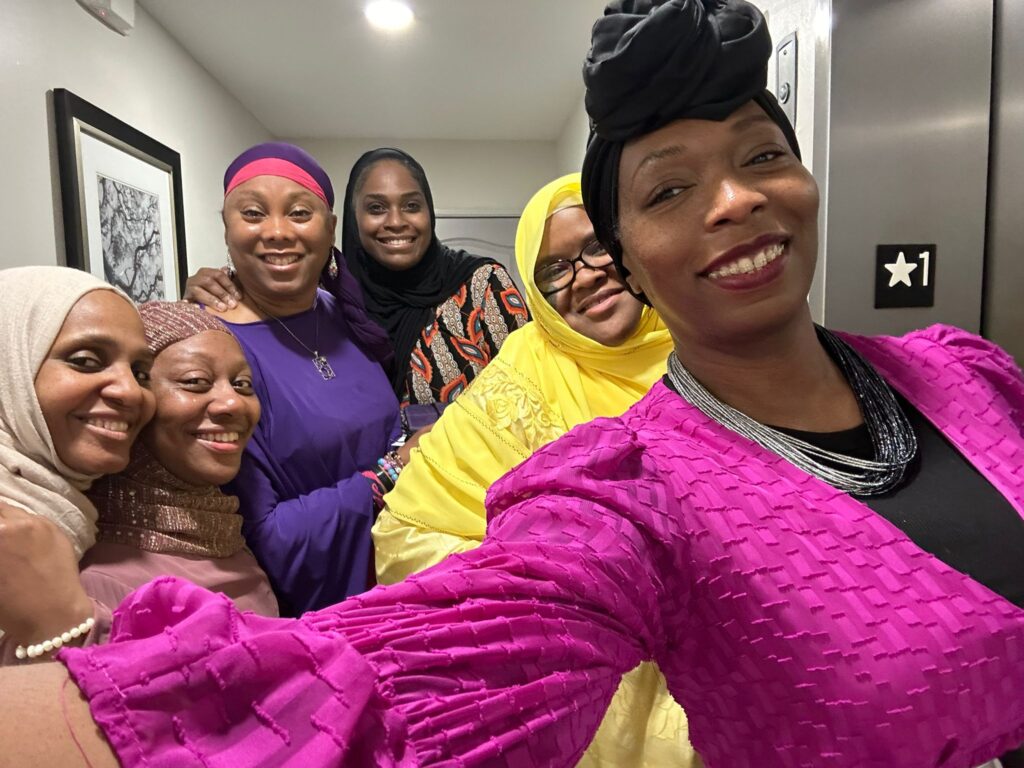
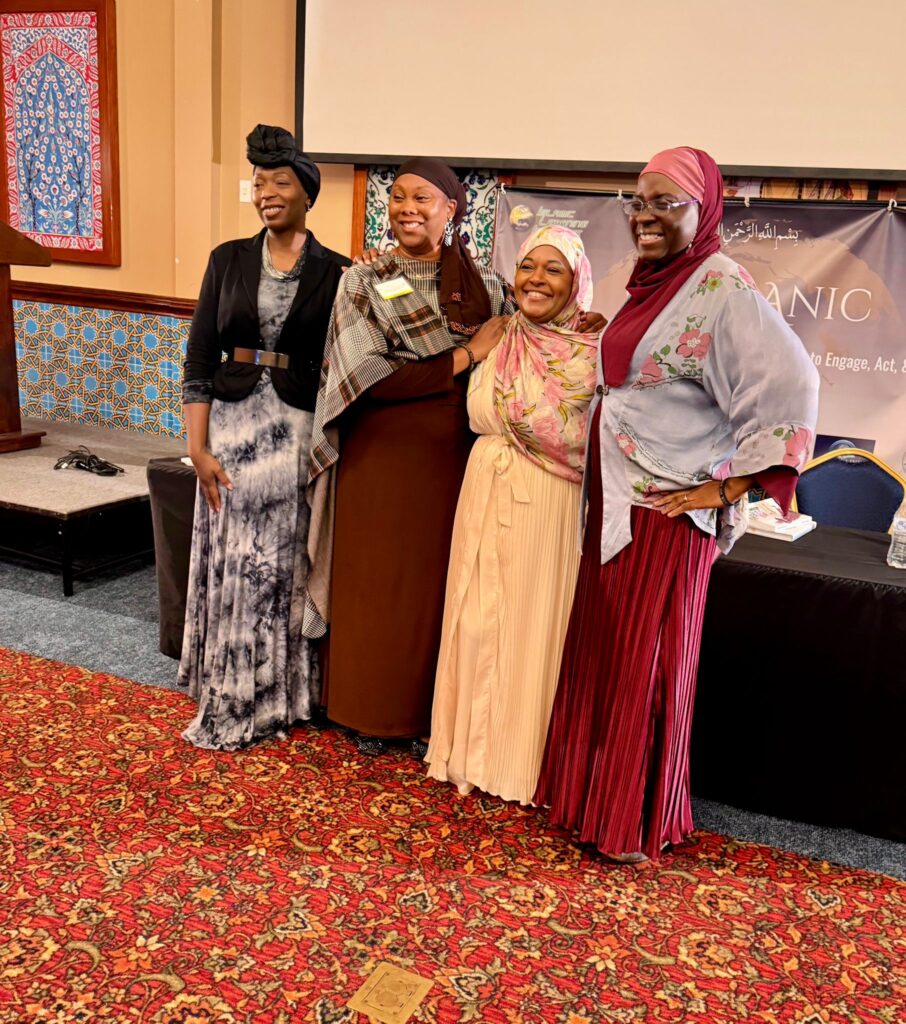
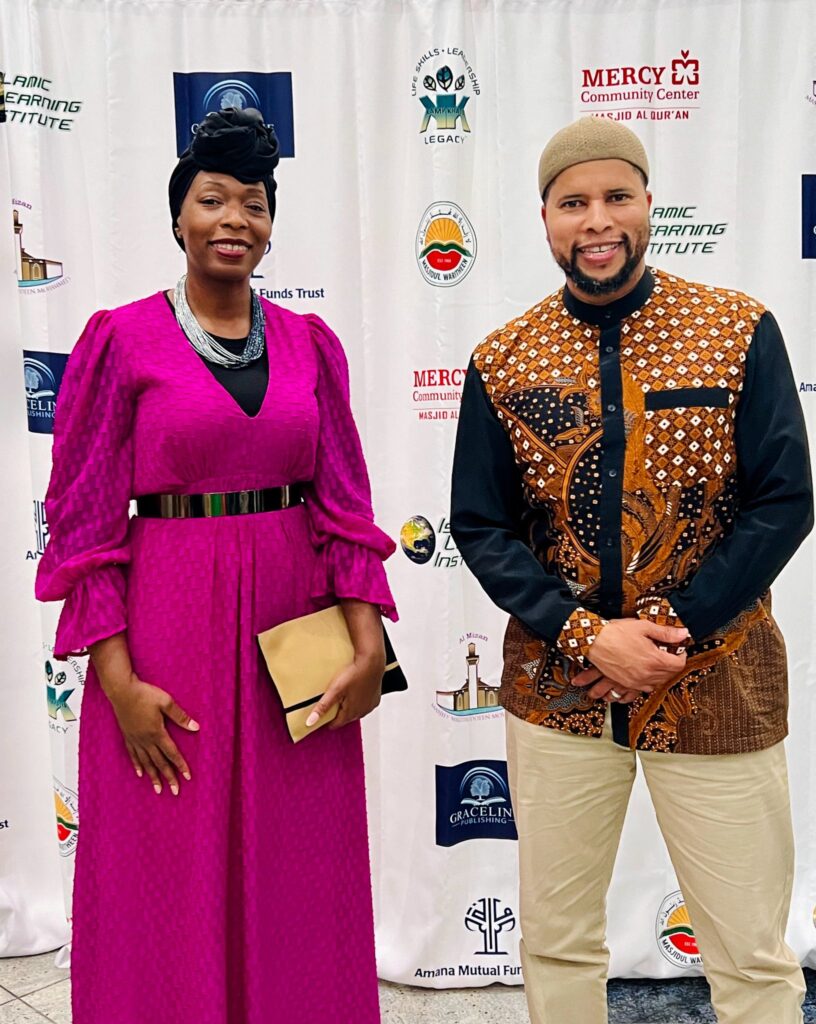
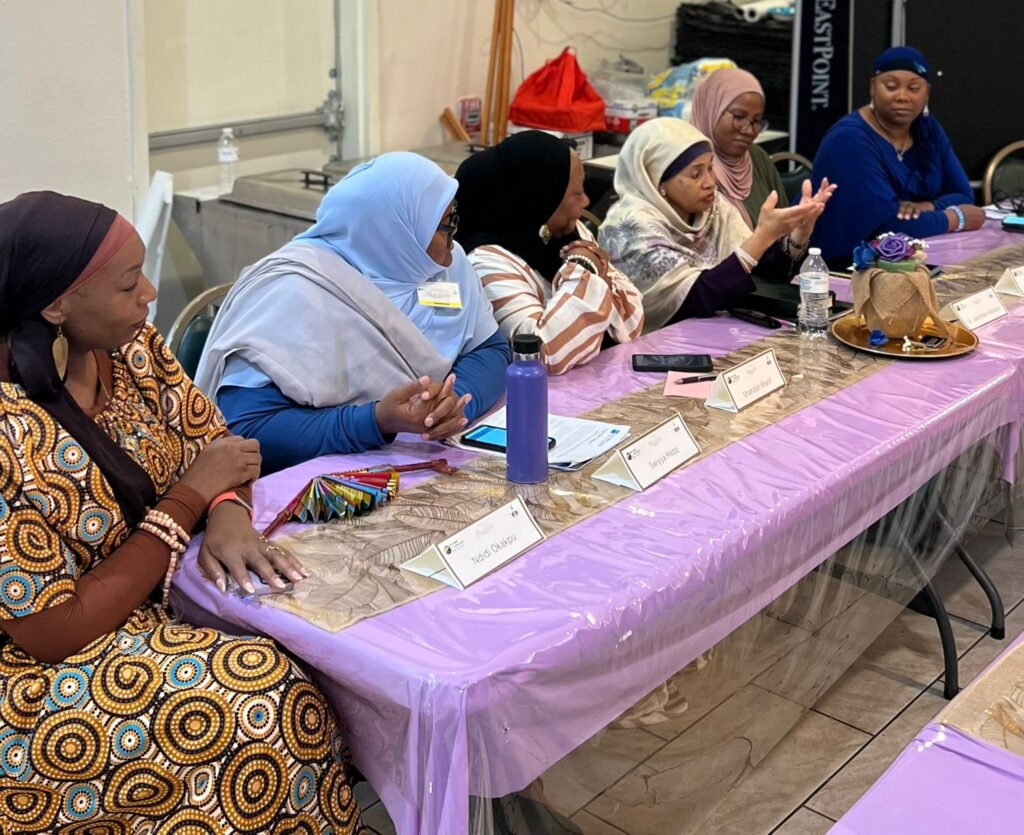
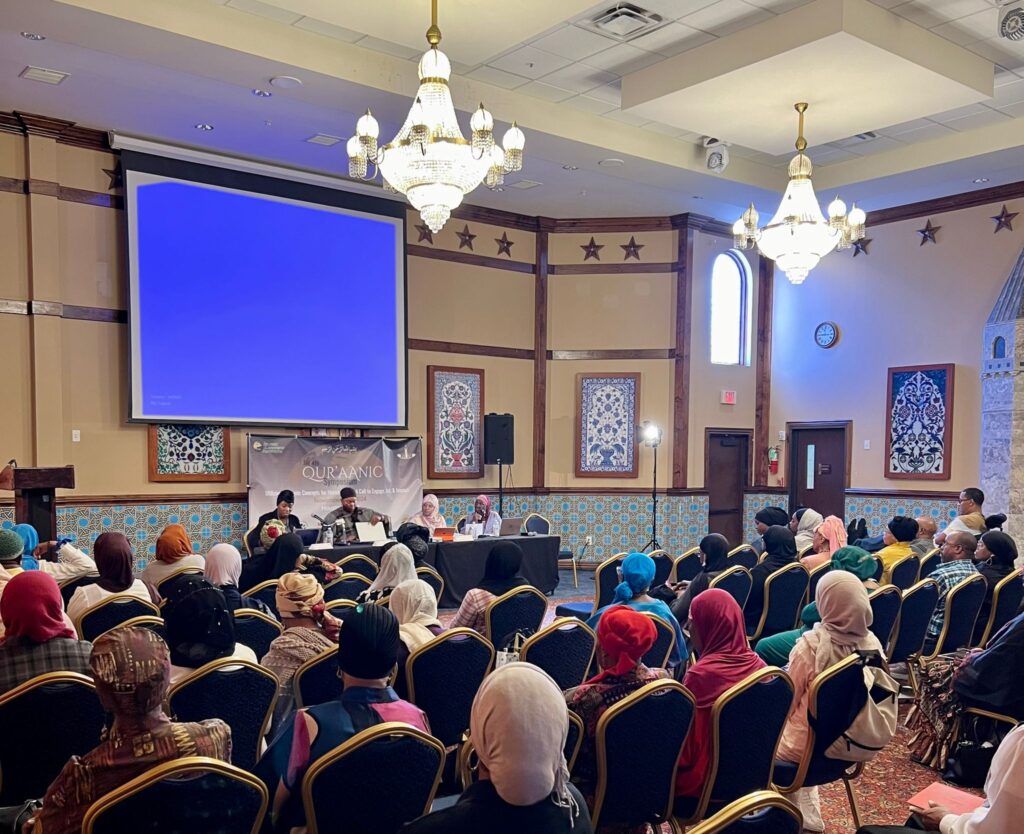

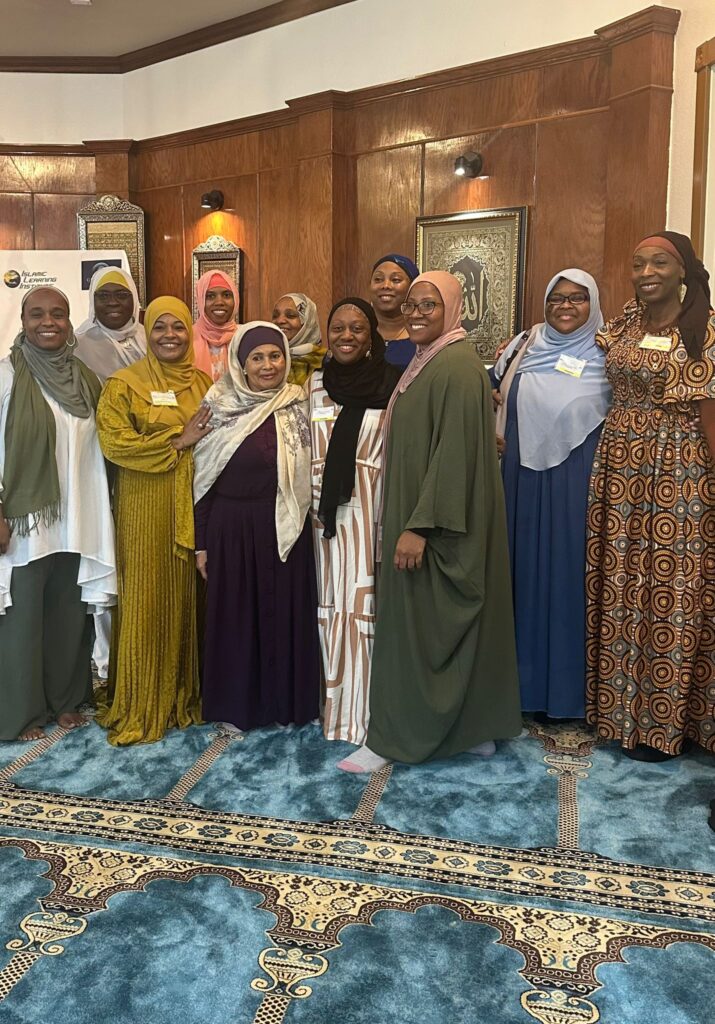
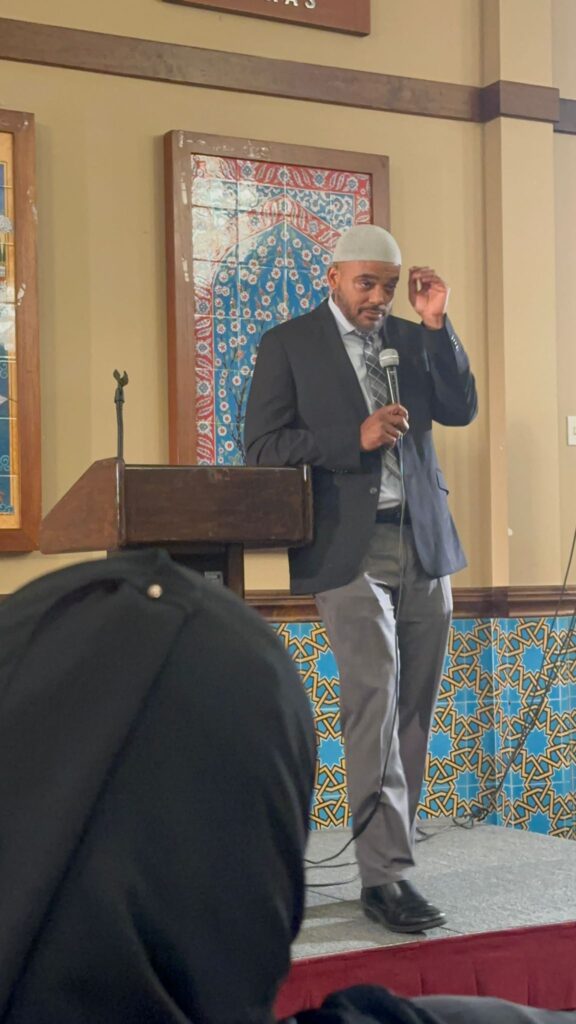
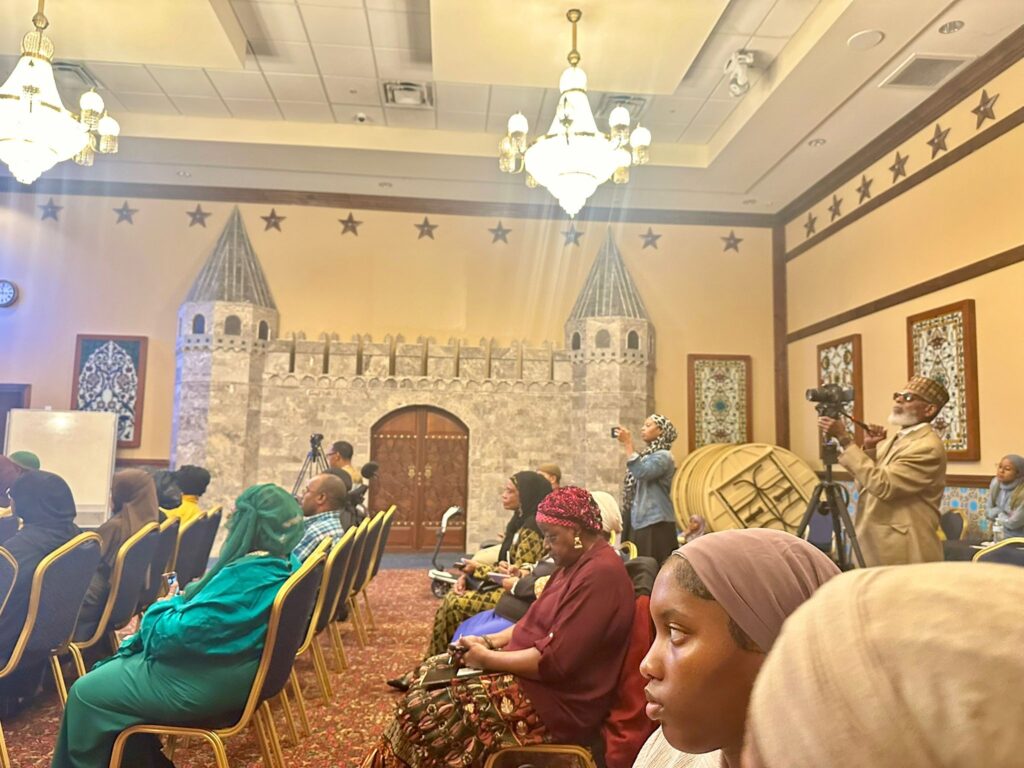
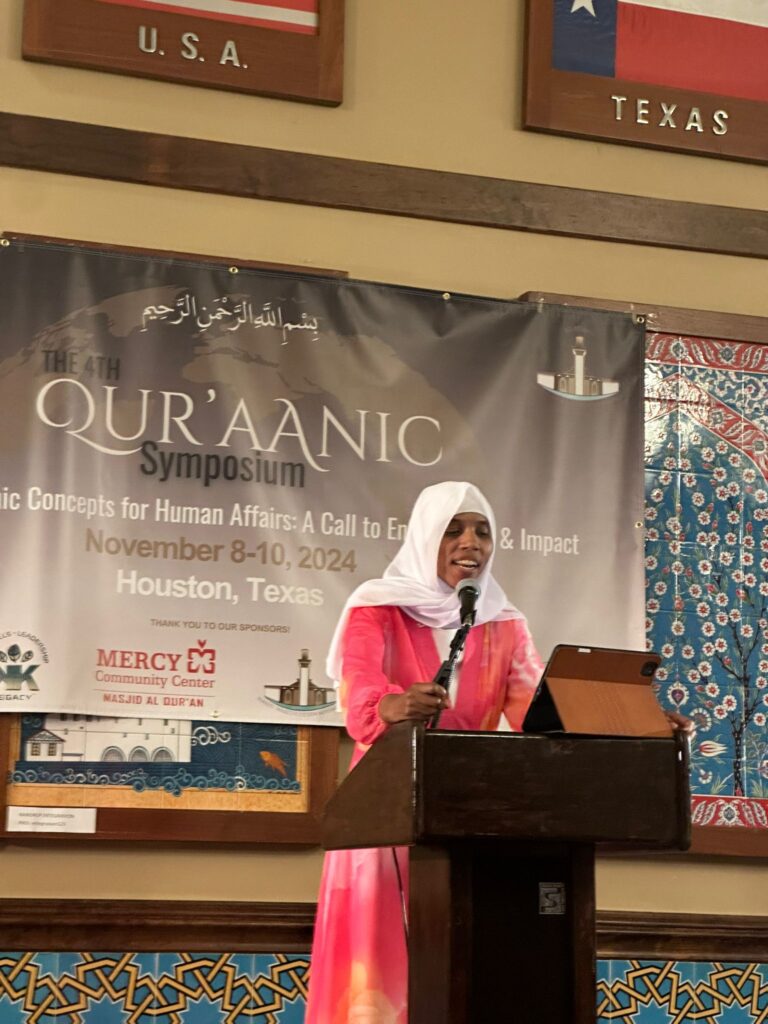
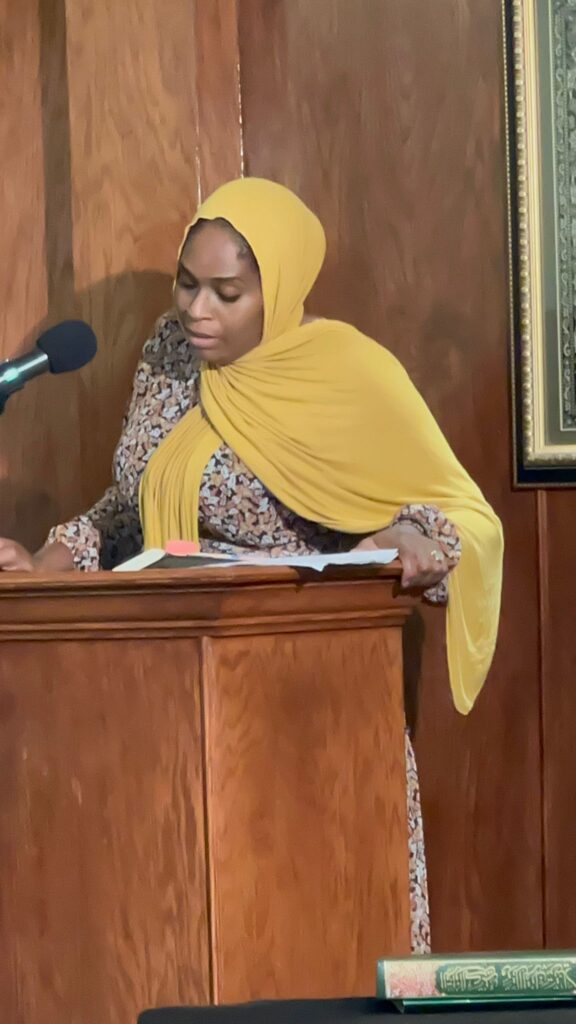
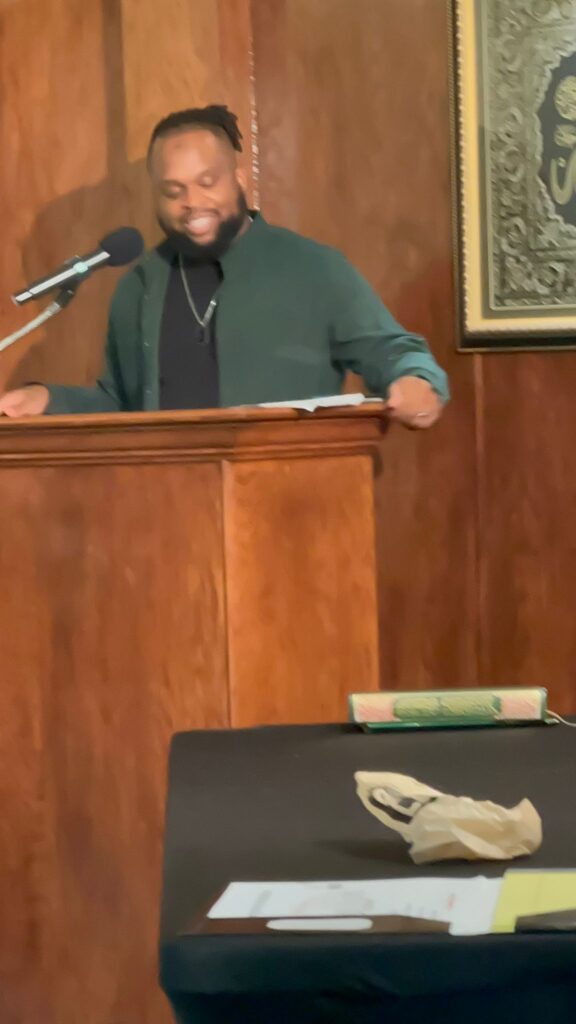
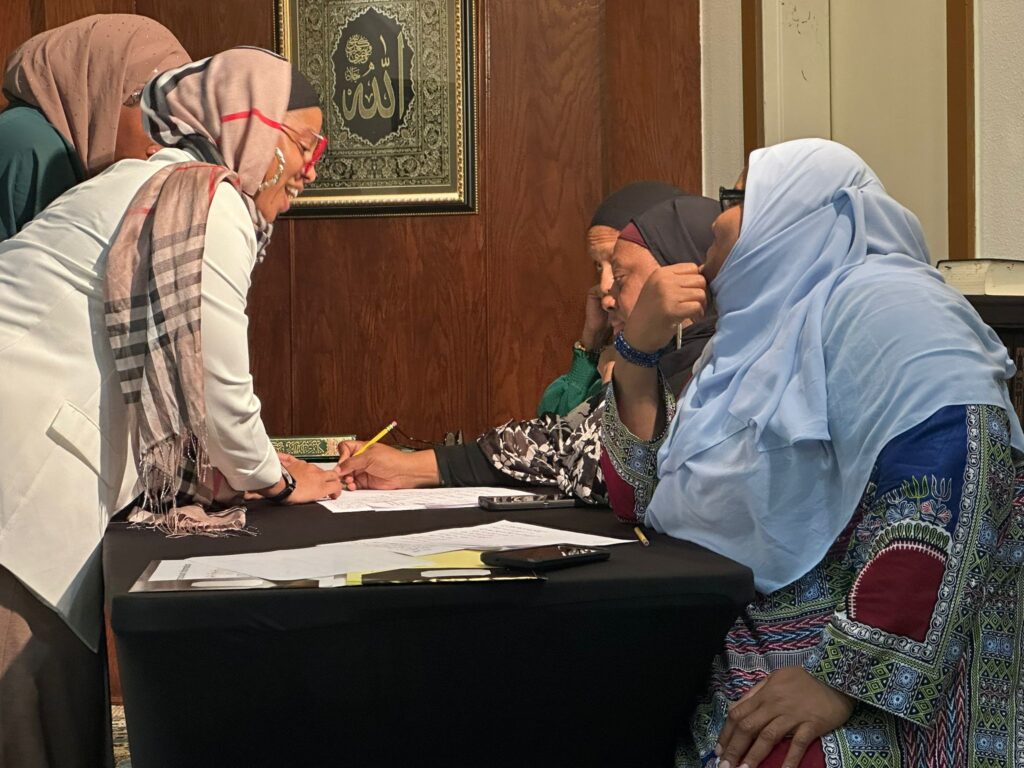
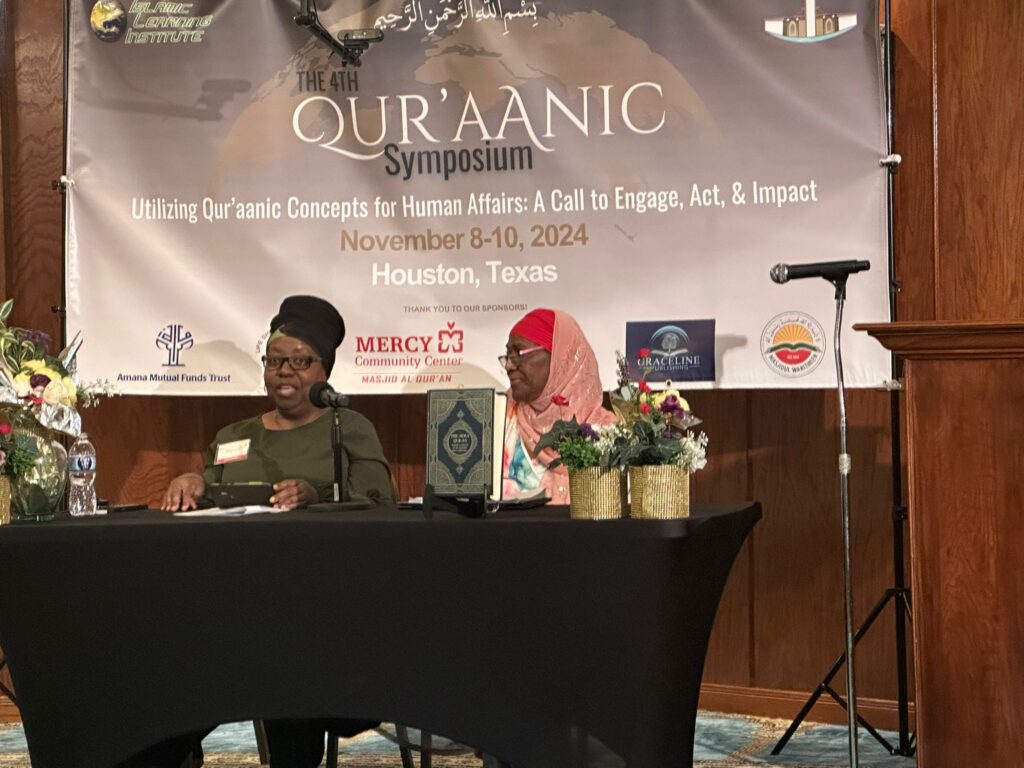
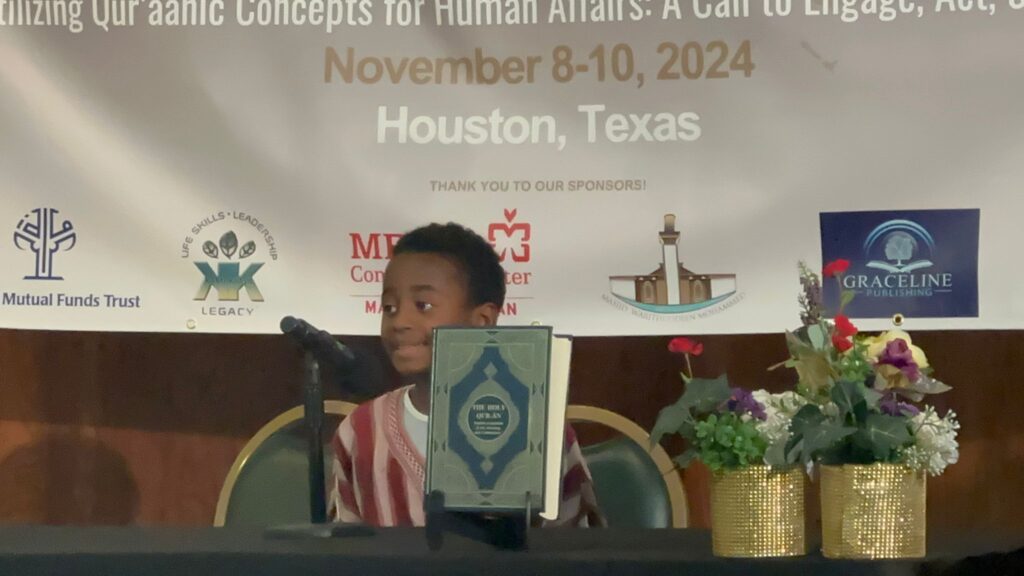
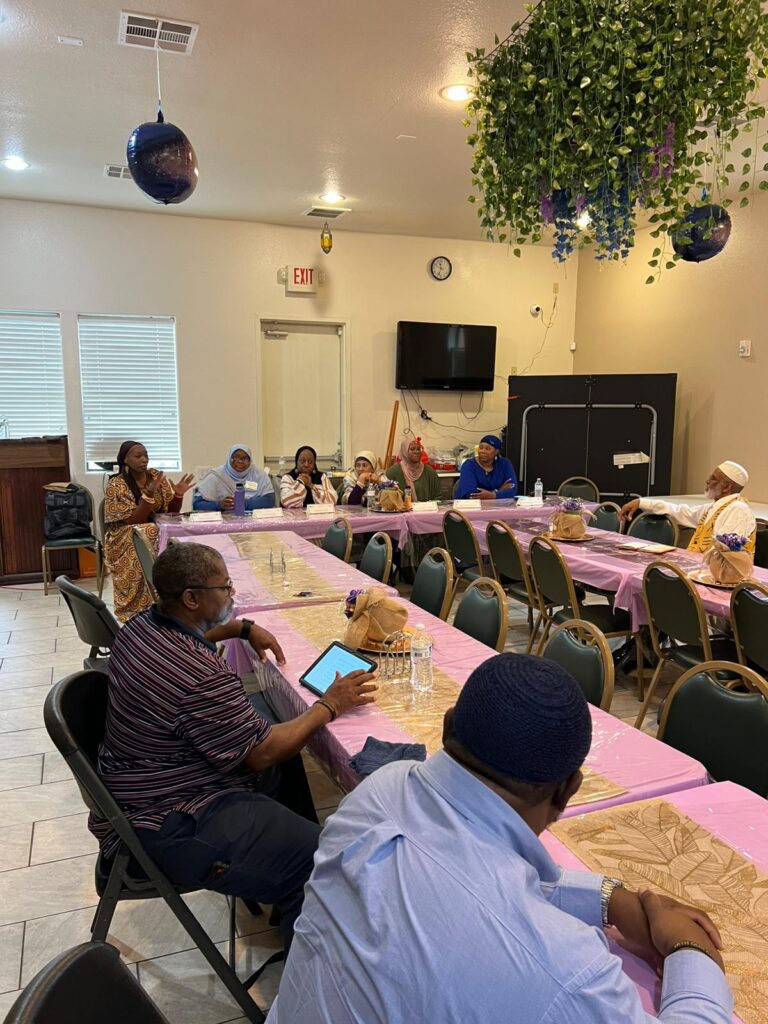
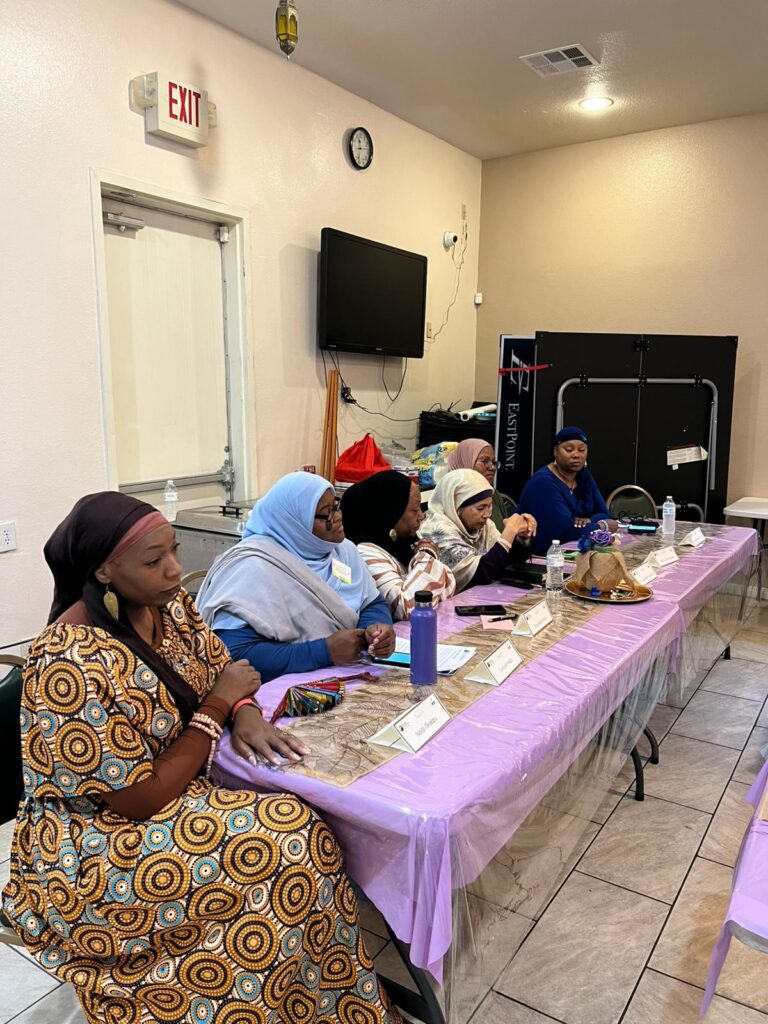
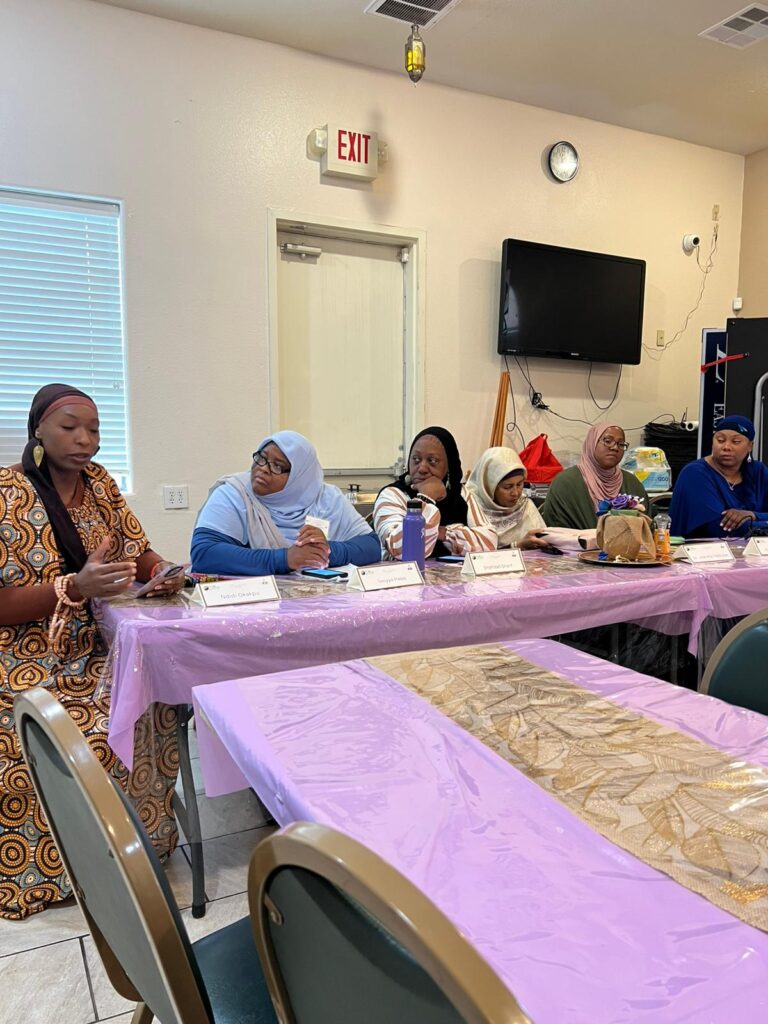

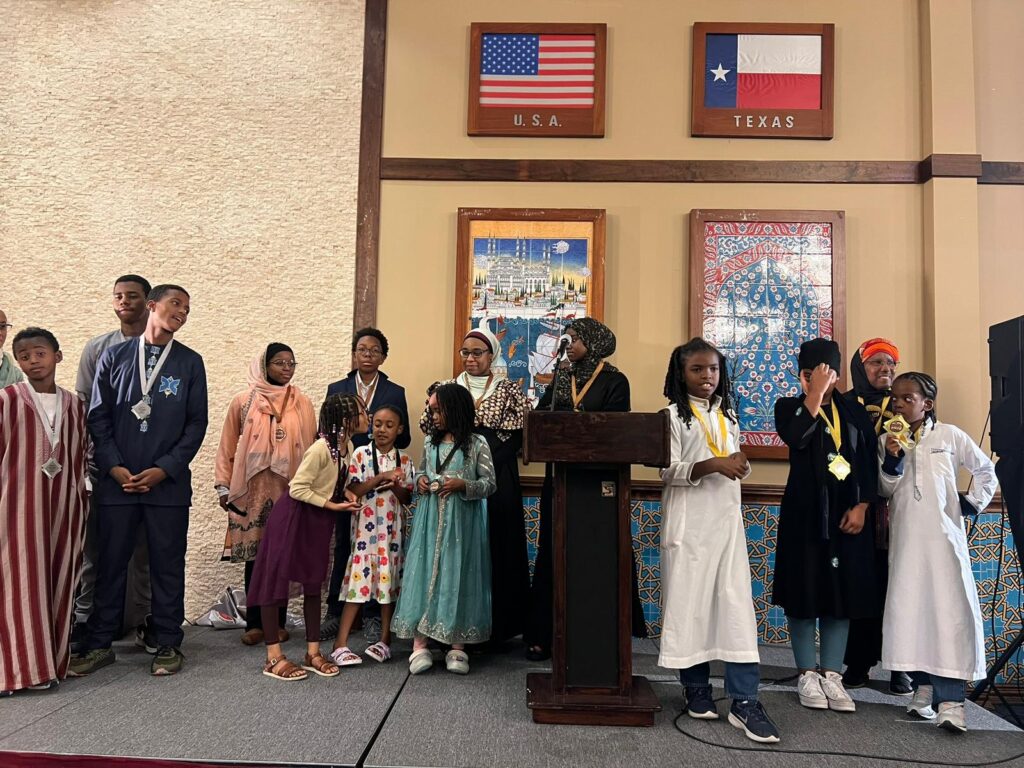
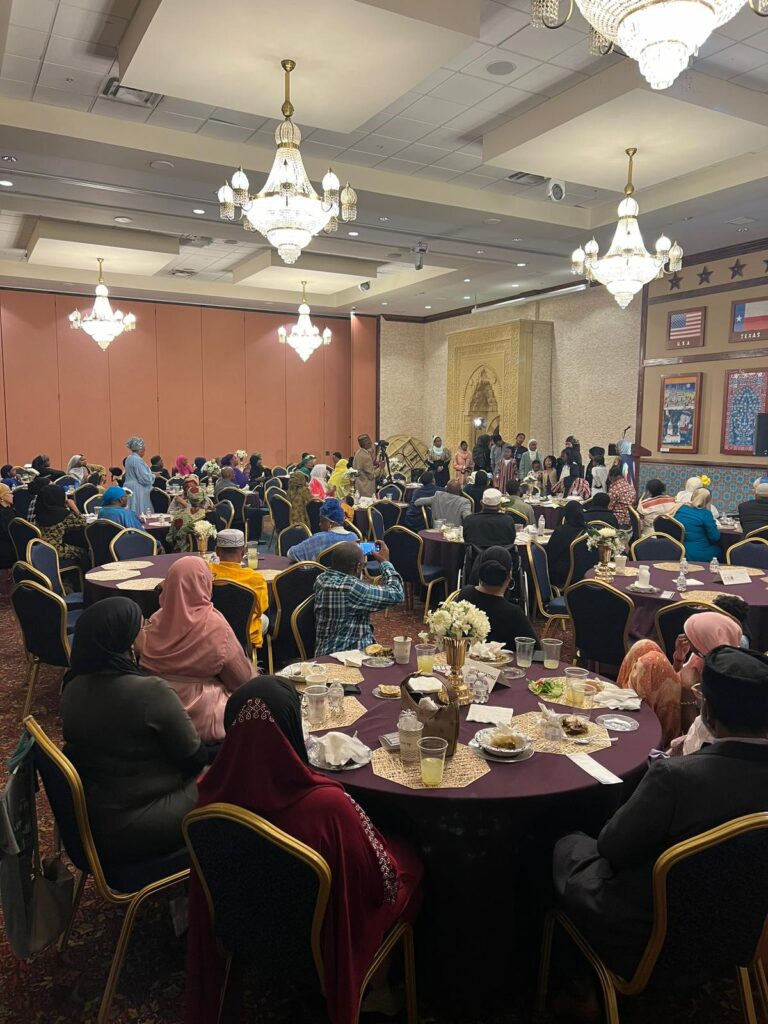
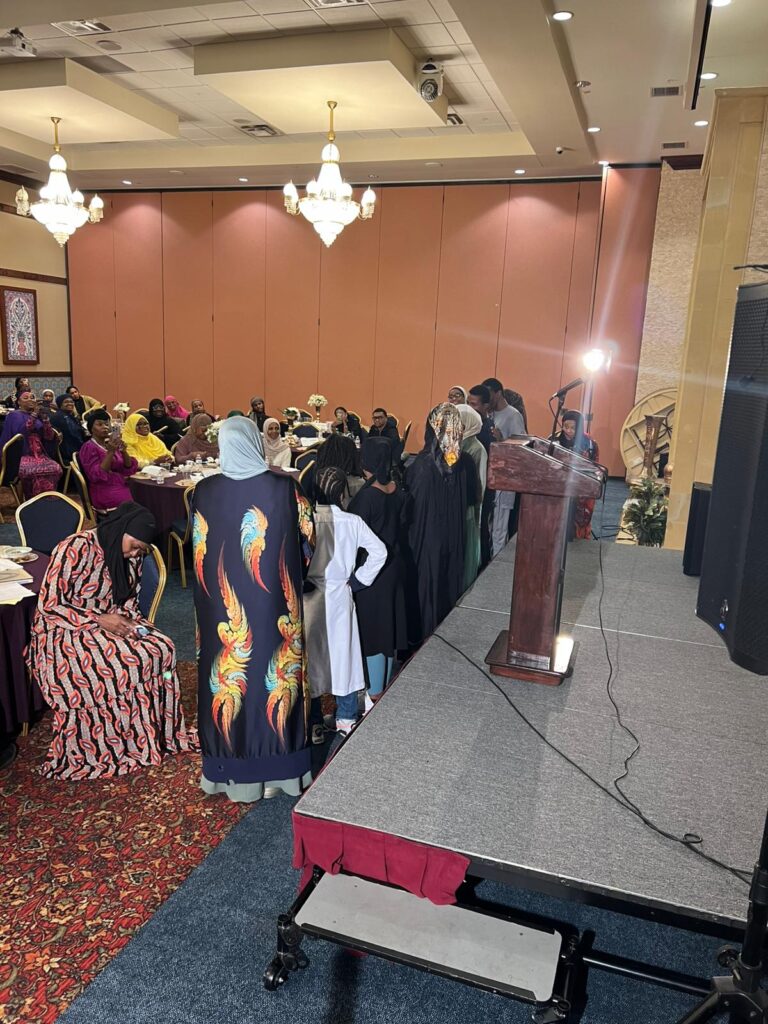
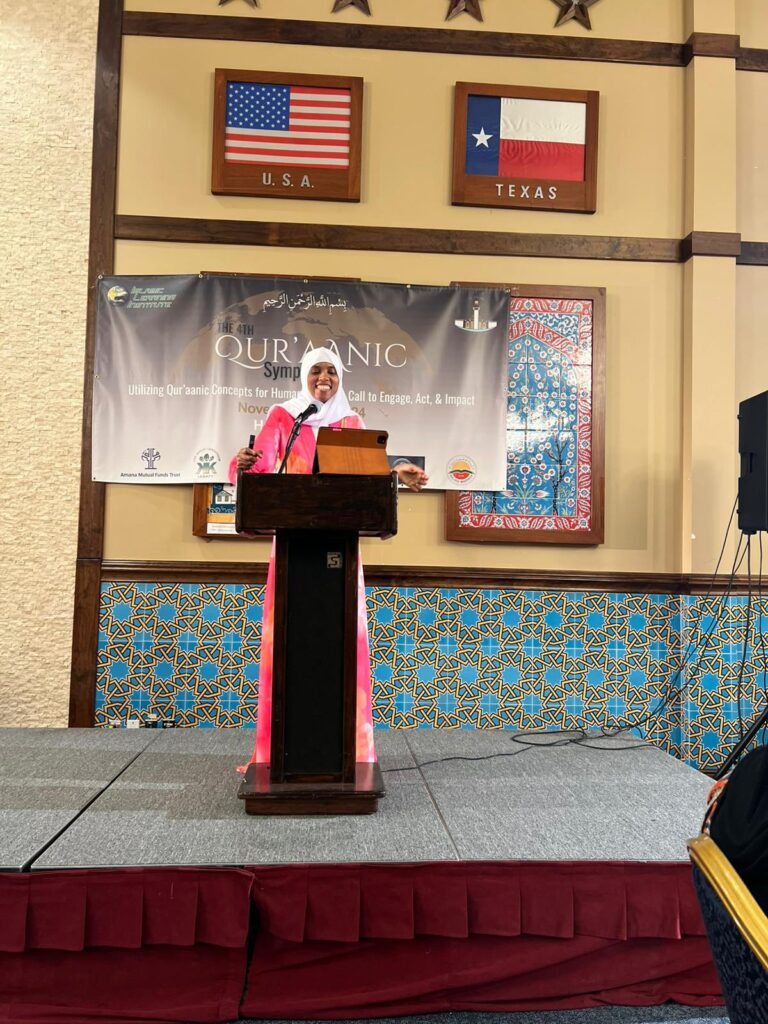
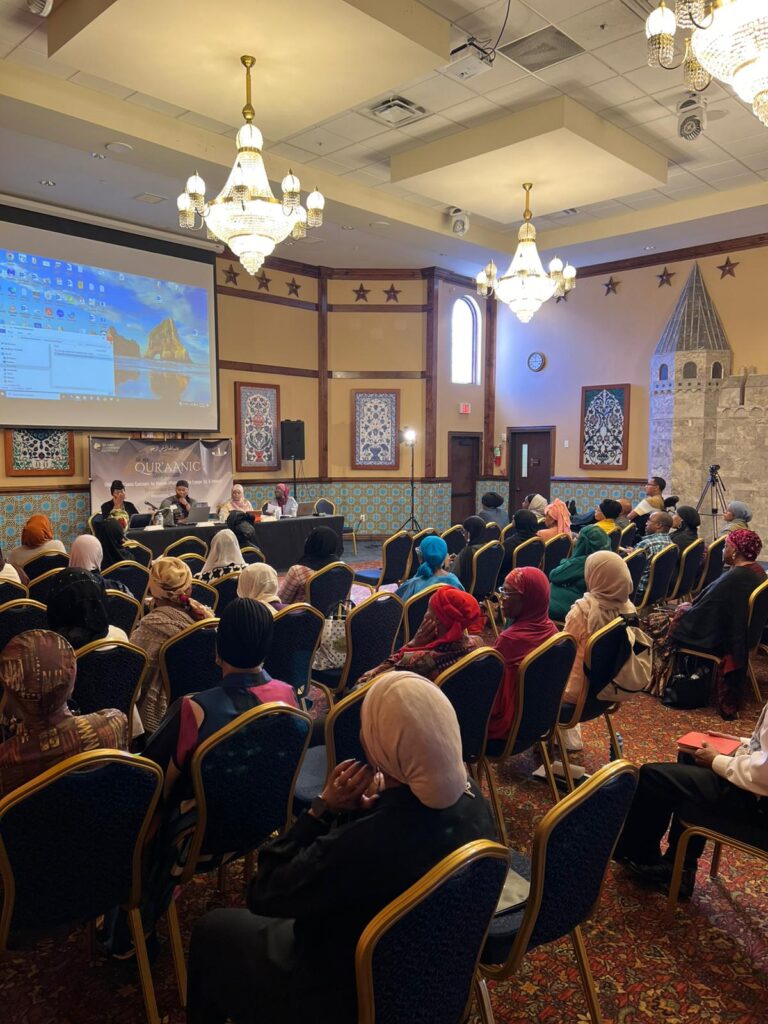
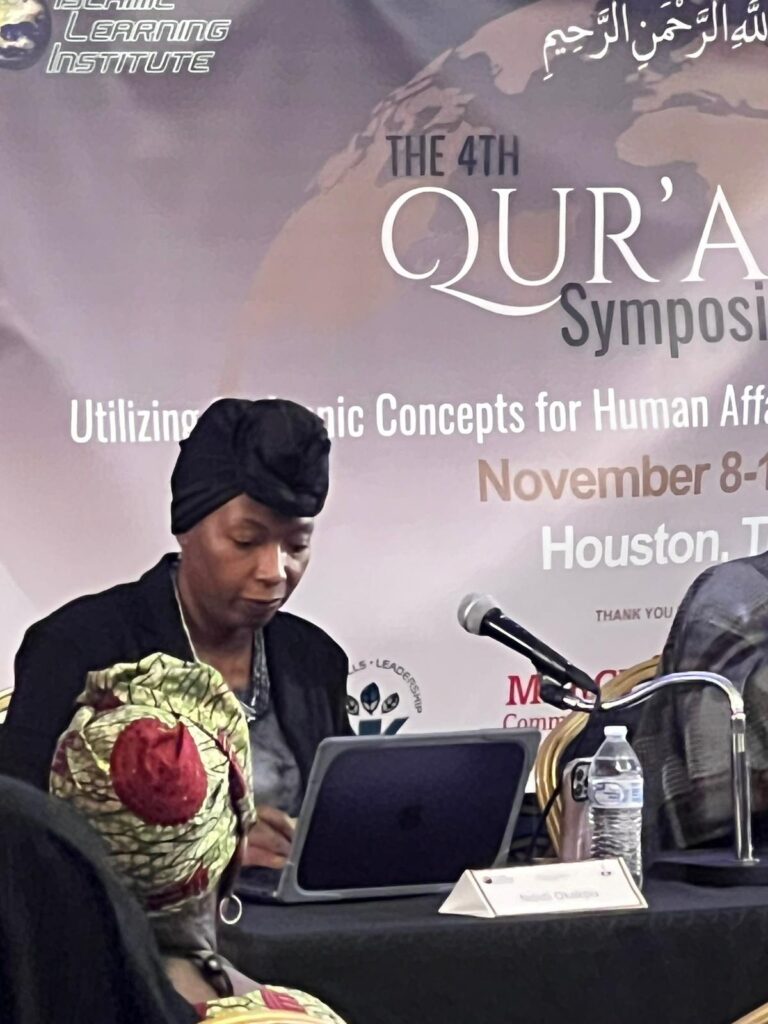
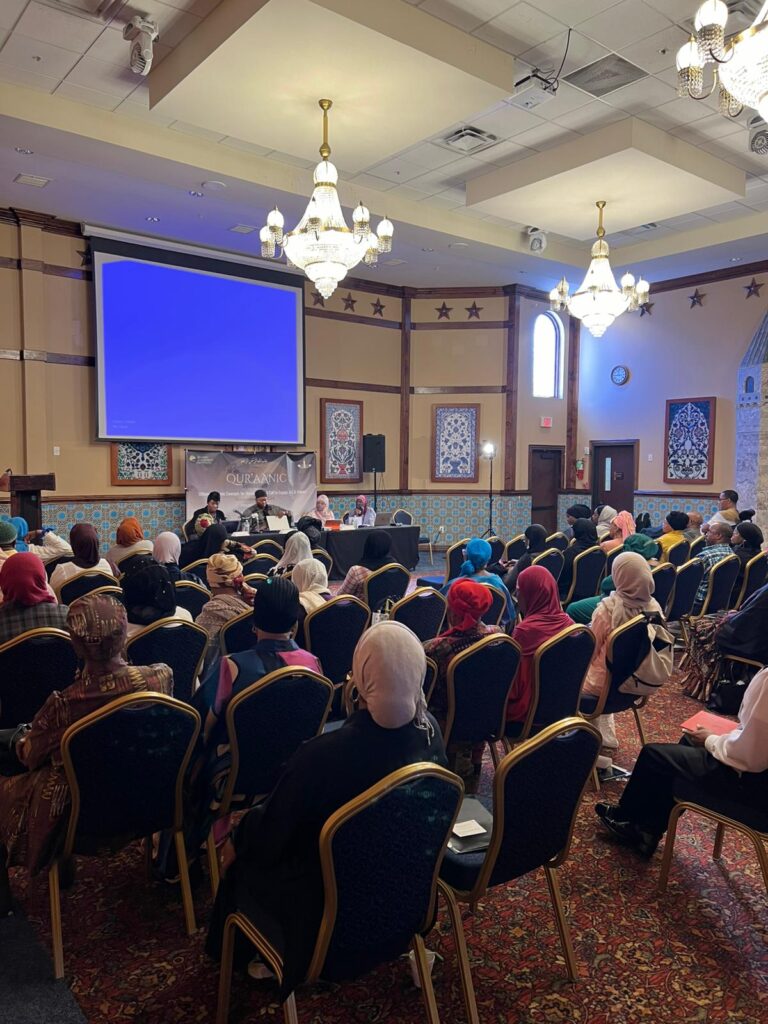
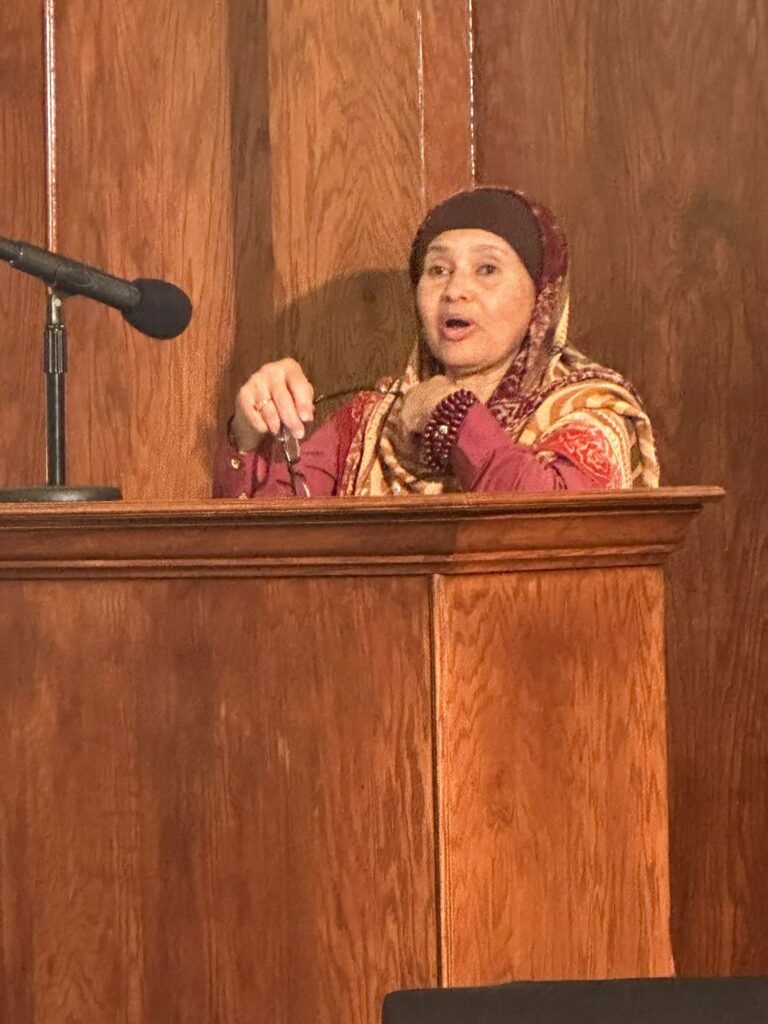

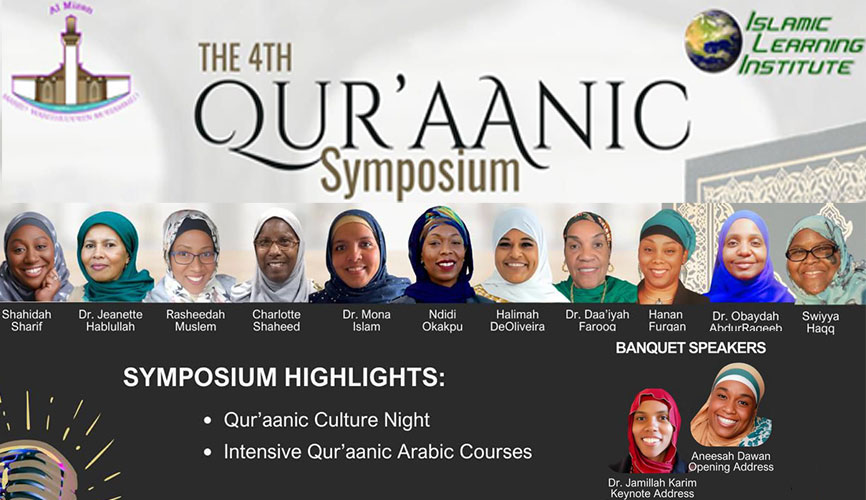
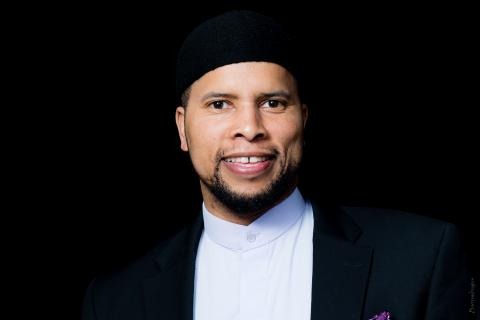


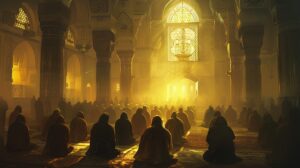
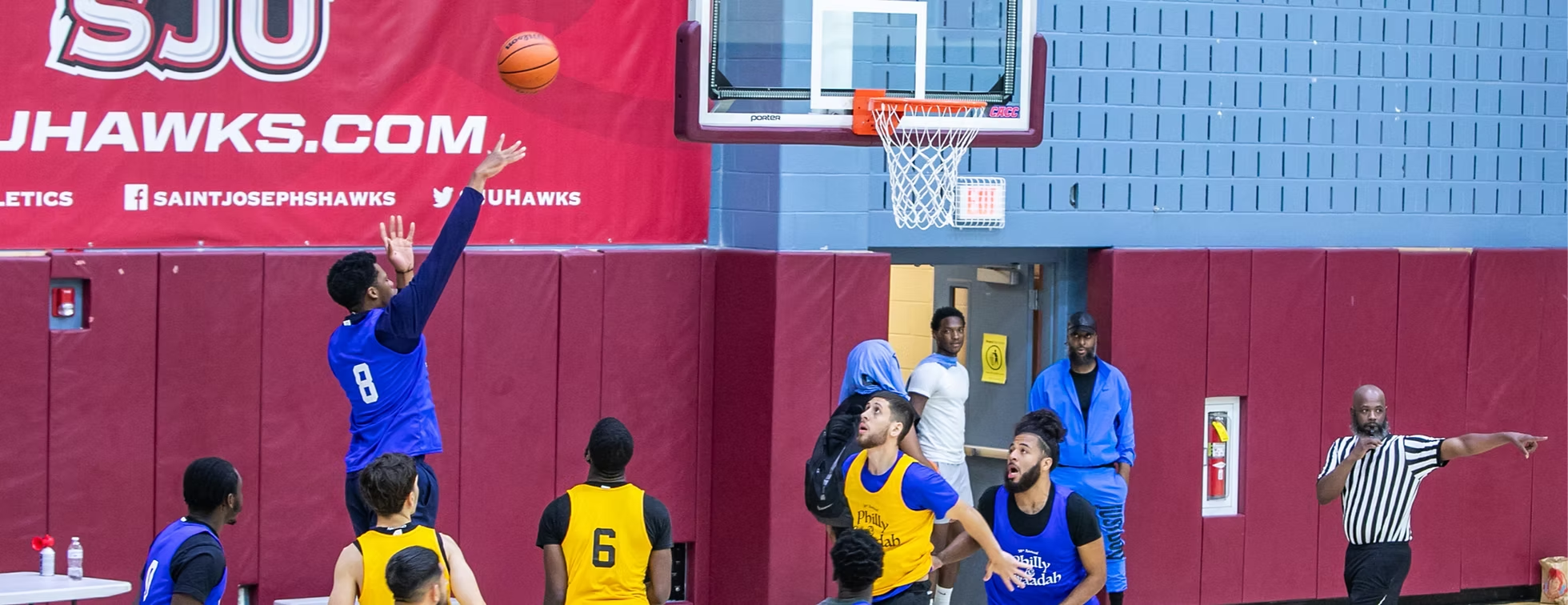
3 Responses
Masha’Allah this is beautiful may Allah bless me to be at the next one. Ameen This is definitely the step in the right direction. May Allah help us to make the Quran the forefront of our-lives and exemplify our beloved profit who was the Quran walking, may Allahs peace and blessings be upon him and his noble family . Alllahumma Ameen
AsSalaamuAlaikum Alhamdulilah that this event was successful. I would loved to have had the opportunity to attend . This is my first time hearing of your organization and the work and community outreach you provide. I’m a NYC resident and unfortunately didn’t have correspondence to attend . InshaAllah may you forward me more info and a calendar of events you’ll be sponsoring. Shukran
May Allah bless the spirit of this event to resonate throughout the community. As it is said, “Paradise lies at the feet of our mothers.”